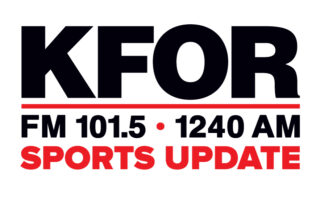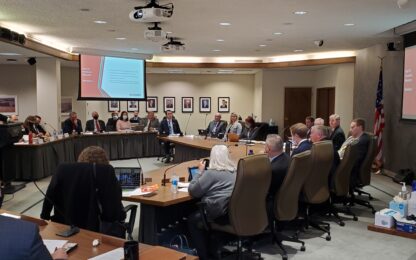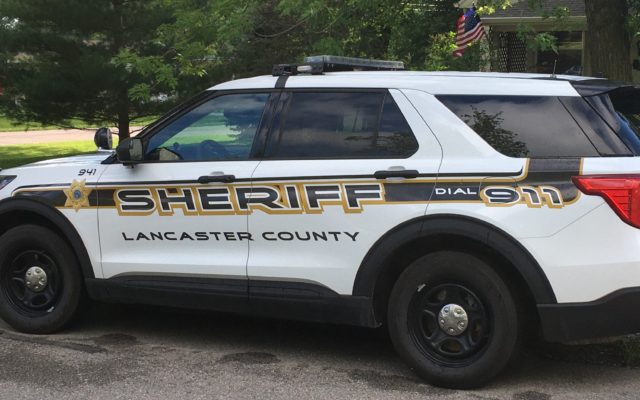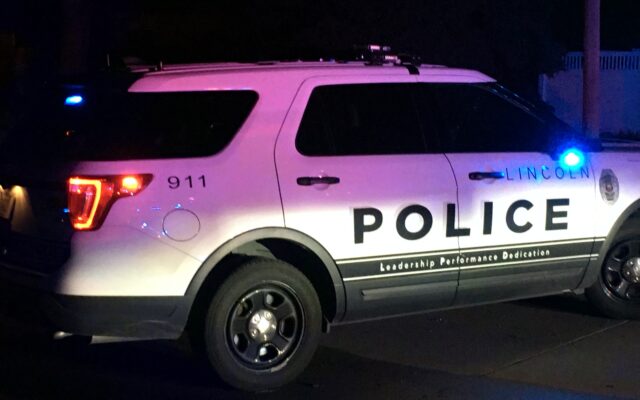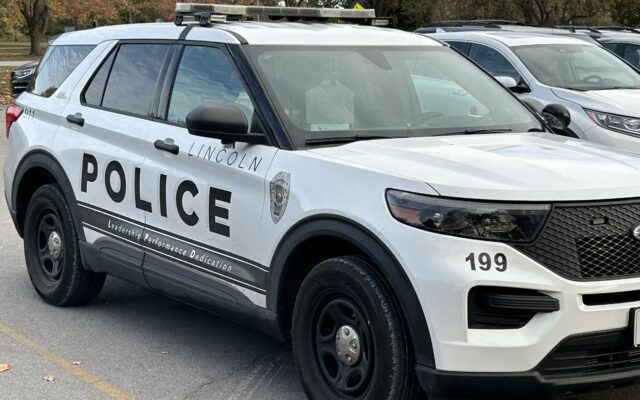City Officials Advances Two Major Sustainability Efforts
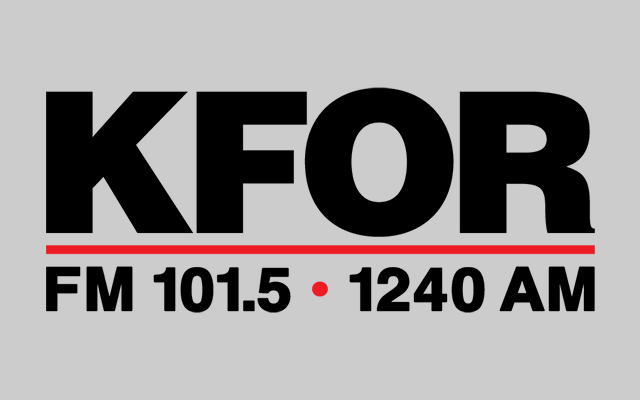
LINCOLN–(News Release Feb. 27)–Mayor Leirion Gaylor Baird today said the City’s sustainability initiatives are moving forward with a major step in the biogas project and the arrival of the City’s first electric buses.
“A major part of my administration’s Resilient Lincoln initiative is to ensure that our city is building a climate smart future,” said Mayor Gaylor Baird. “It is now more important than ever before to take action locally to protect our environment for future generations. One project keeps harmful gas from being released into the atmosphere and instead transforms it into valuable energy. The second project represents an evolution in our public transportation fleet that further reduces harmful emissions.”
Biogas Project:
The City has used methane biogas produced at the water resource recovery facilities to generate electricity for the treatment plant since 1991. When the generators reached the end of their useful lives in 2017, the City upgraded its technology to allow the biogas to be processed into vehicle fuel for sale locally or on the national market through pipelines.
The $8 million upgrade is under construction and is expected to be completed this summer. The City Council will hold a public hearing Monday, March 2 on a contract to market and sell the biogas for use as a vehicle fuel. The Council meeting begins at 3 p.m. at the County-City Building, 555 S. 10th Street.
The project is expected to produce about $2 million in annual revenue for the wastewater operation. Donna Garden, Assistant Director of Utilities for Lincoln Transportation and Utilities, said that revenue could eventually lead to system improvements, reduced debt and/or reducing rate increases normally required for operations. Garden said that sustainably produced biogas can be used just like natural gas and is backed with federal policies encouraging its use as a renewable vehicle fuel.
More information on the city’s wastewater program is available at lincoln.ne.gov (keyword: wastewater).
Electric Buses:
A $1.45 million federal grant in 2017 has allowed the City to purchase its first four electric buses to replace heavy duty diesel buses. Three have been received and the fourth is expected to arrive in the next few weeks. The City also received a $2.6 million federal grant last summer to replace six more older diesel buses with new electric models. The arrival of those six buses at the end of this year will bring the total number of electric buses in the StarTran fleet to 10.
Both grants were from the U.S. Department of Transportation’s Federal Transit Administration as part of the Low- or No-Emission Vehicle Program
Bus manufacturer New Flyer says an electric bus saves 100 to 160 tons of greenhouse gases per year when compared to a 40-foot diesel bus. StarTran Transit Manager Mike Davis said the newer buses will improve overall reliability because of fewer fleet breakdowns.
The StarTran fleet also has 38 vehicles that operate on compressed natural gas (CNG), including the two downtown trolleys. When all 10 electric buses are in operation, 56 percent of the StarTran fleet will be comprised of vehicles that run on electricity or CNG.
More information on StarTran is available at startran.lincoln.ne.gov. More information on New Flyer is available at newflyer.com.


